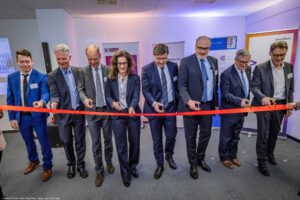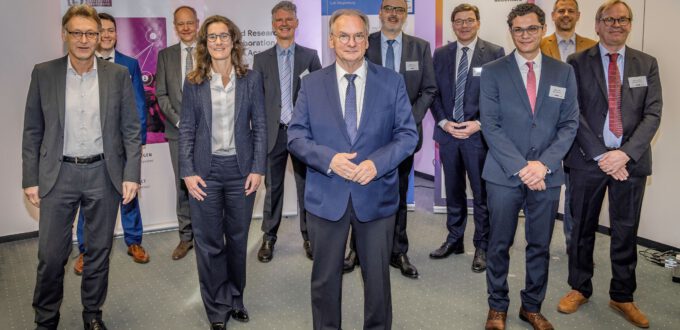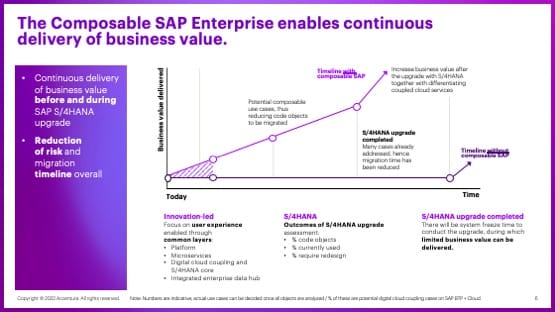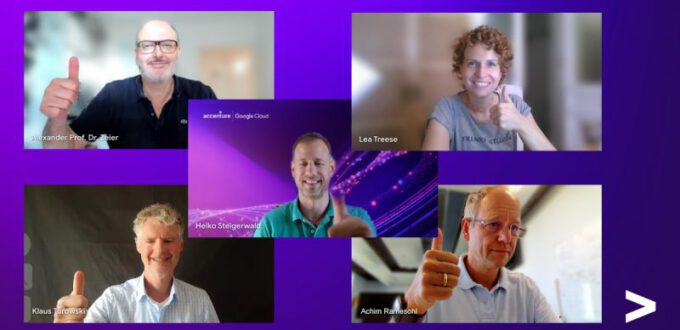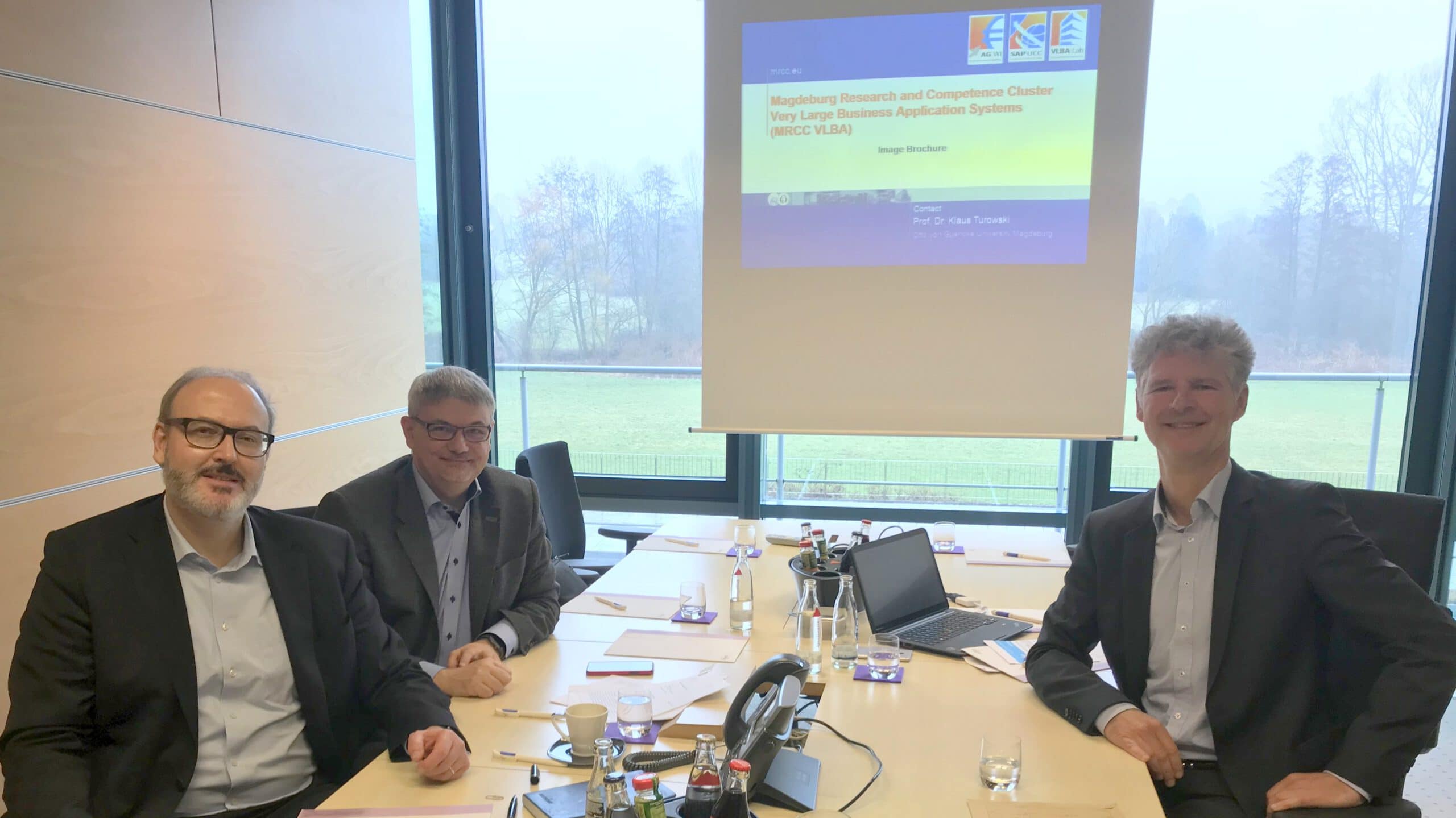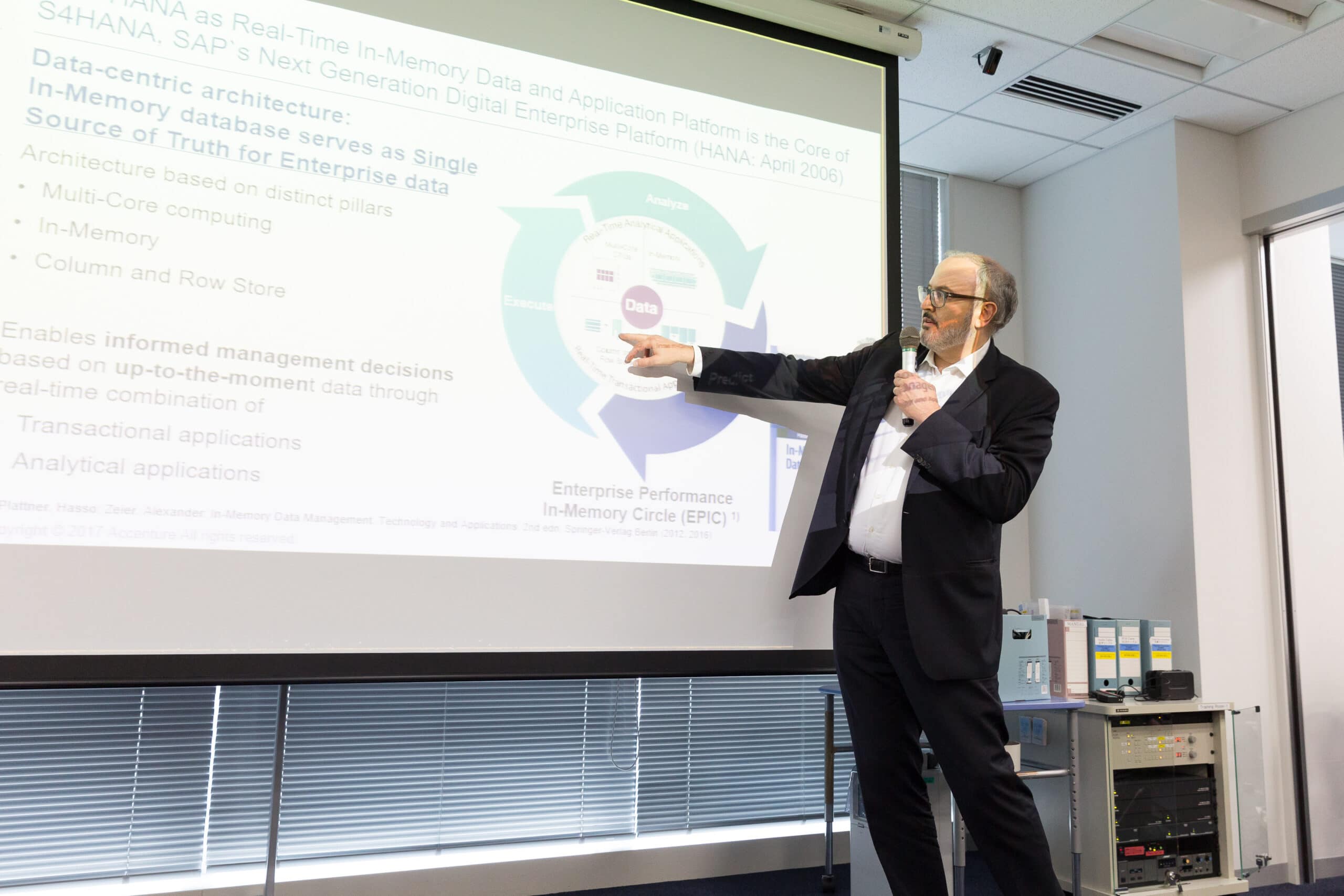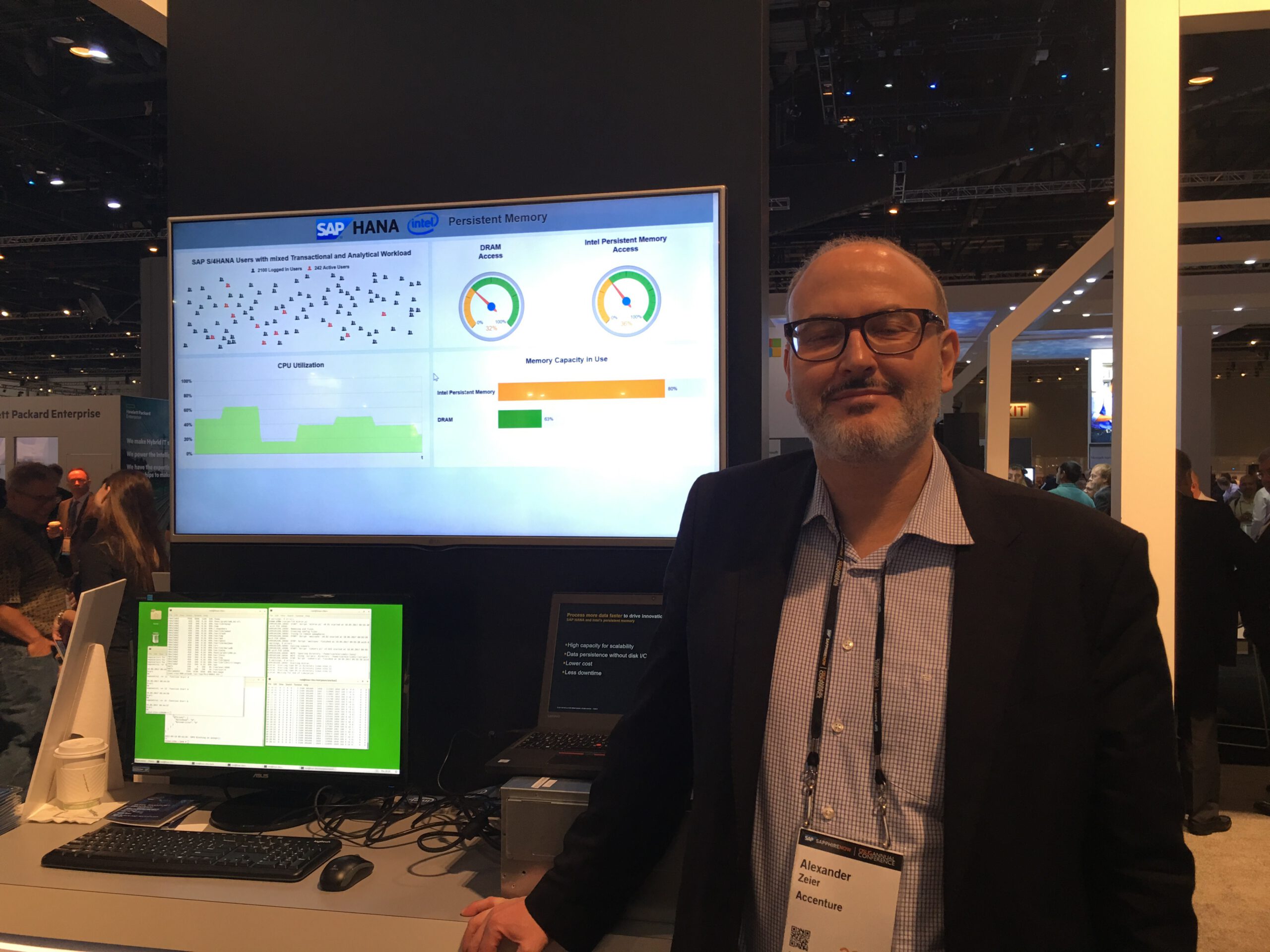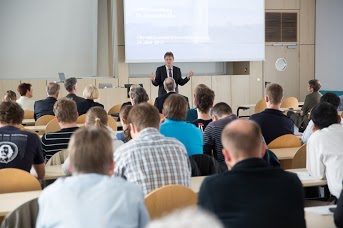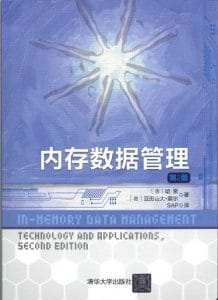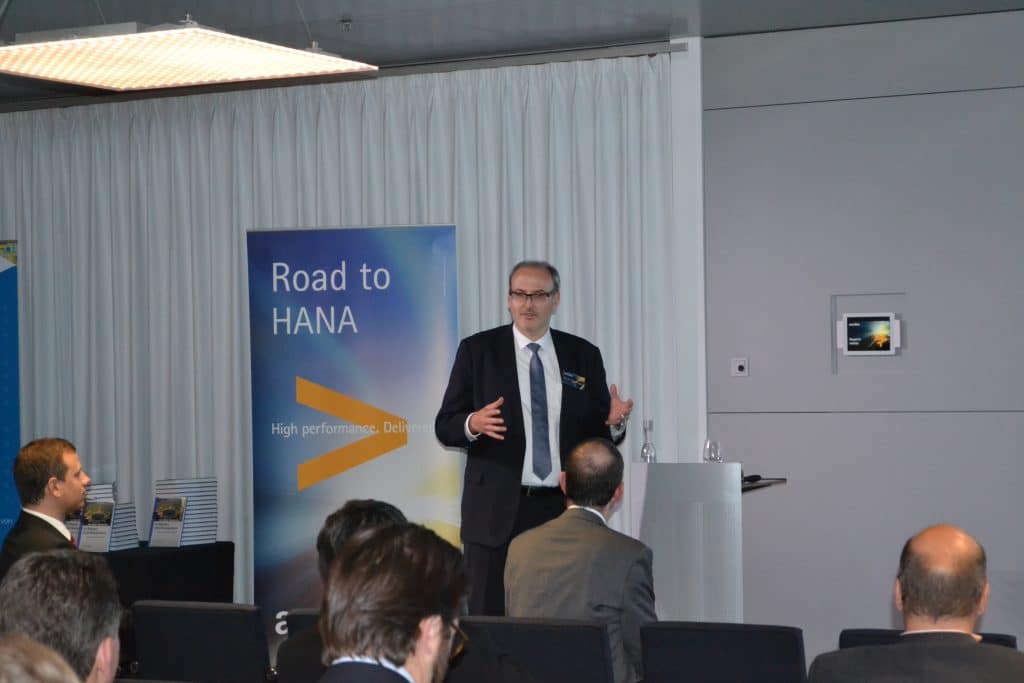Dr. Alexander Zeier Joins Accenture as Global Lead for In-Memory Solutions
Will Also Serve as Director of Programs for SAP HANA® Within the Accenture Innovation Center for SAP® Solutions
MADRID; November 13, 2012 – Accenture (NYSE: ACN) today announced the appointment of Dr. Alexander Zeier as managing director of In-Memory Solutions. In this capacity, Zeier will work with Accenture clients to develop in-memory solutions, provide sales support to global industry teams in leveraging in-memory technology, and provide ongoing thought leadership. He will also serve as director of programs for the SAP HANA® platform within the Accenture Innovation Center for SAP® solutions.
Dr. Zeier has been working with SAP technologies and solutions for over 20 years. Prior to joining Accenture, he was responsible for SAP’s first large in-memory application, and was a pivotal part of the development of SAP HANA, SAP’s platform for real-time analytics and applications. He holds ten patents related to in-memory technology and applications for enterprise systems, and is co-author with Hasso Plattner of the recently published book, “In-Memory Data Management – Technology and Applications.”
“Alexander brings an incredible and unrivaled depth of expertise in the areas of analytics and in-memory technology,” said Christophe Mouille, global managing director of SAP business for Accenture. “Alexander possesses a truly unique understanding of the business value that can be unlocked through the power of in-memory computing. Our clients will benefit from his extensive experience in researching and developing in-memory technology that turns massive amounts of customer data into actionable insights.”
“Accenture has been committed to developing solutions based on in-memory technology for several years, and I am excited to be joining this team to drive further innovations in this important strategic area,” said Zeier. “Companies are relying on transactional and analytical data more than ever. The capabilities enabled by in-memory computing combined with Accenture’s vast industry knowledge will result in better, faster insights and new innovative business processes for our clients.”
Since March 2012, Dr. Zeier has been a Visiting Professor in Residence at the Massachusetts Institute of Technology (MIT), lecturing and conducting research around innovative enterprise applications and business process optimizations that leverage in-memory technology or SAP HANA. He was also deputy chair, Enterprise Platform and Integration Concepts, at the Hasso Plattner Institute in Germany, focusing on real-time, in-memory enterprise systems and RFID technology.
Dr. Zeier received an MBA from the University of Würzburg. He completed his studies in information technology at the Chemnitz University of Technology and gained his Ph.D. in Supply Chain Management Systems at the University of Erlangen-Nuremberg.
About Accenture
Accenture is a global management consulting, technology services and outsourcing company, with more than 257,000 people serving clients in more than 120 countries. Combining unparalleled experience, comprehensive capabilities across all industries and business functions, and extensive research on the world’s most successful companies, Accenture collaborates with clients to help them become high-performance businesses and governments. The company generated net revenues of US$27.9 billion for the fiscal year ended Aug. 31, 2012. Its home page is www.accenture.com.
Source: link
